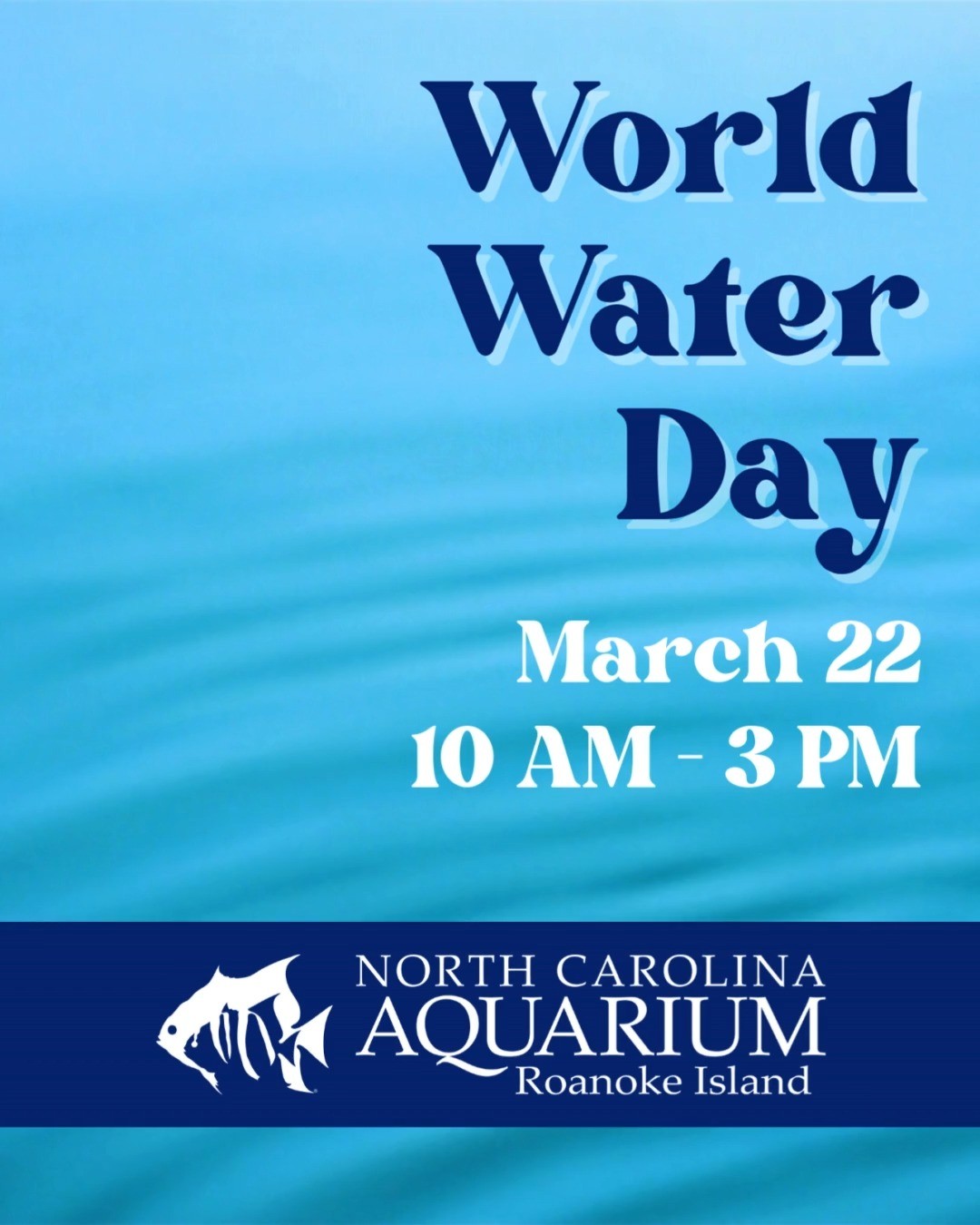- The significance and scientific properties of water (H2O) and its role in sustaining life on Earth.
- World Water Day and its importance in raising awareness for water conservation efforts.
- The role of aquariums and wildlife conservation in promoting education and appreciation for water’s ecological functions.
- H2Olympics: An engaging approach to educate the public on the properties of water through interactive activities and games.
- The vital connection between water, wildlife management, and environmental stewardship.
Water covers approximately 71% of the Earth’s surface and is a fundamental component of all known forms of life. Chemically known as H2O, this simple molecule has complex and vital properties that play a crucial role in sustaining life. Its ability to dissolve a wide range of substances makes it an exceptional solvent, essential for nutrient transportation and biological processes within organisms. Water’s surface tension, cohesion, and adhesion are critical for processes such as plant transpiration, helping move water through plant tissues against gravity. Moreover, its ability to moderate temperature supports diverse ecosystems, ensuring the survival of both flora and fauna.
World Water Day, celebrated annually on March 22, underscores the importance of freshwater and advocates sustainable management of water resources. Initiated by the United Nations in 1993, this occasion seeks to highlight critical water issues worldwide, from scarcity due to climate change and pollution to the challenges in ensuring access to clean drinking water. By raising awareness, societies can work collectively towards solutions that support water conservation and safeguard this precious resource for future generations. Participating in World Water Day activities helps build a global community focused on water stewardship and sustainability.
Aquariums serve as vital educational platforms, offering visitors insights into the critical role water plays in ecosystems. They are not just venues for entertainment but educational institutions dedicated to wildlife conservation. Through engaging exhibits, aquariums demonstrate how aquatic environments function and the importance of protecting them. By showcasing diverse aquatic species and their habitats, aquariums emphasize the interconnectedness of water and wildlife, fostering a greater understanding and appreciation of both marine and freshwater ecosystems. Efforts in zoo management often include educational programs and partnerships aimed at promoting sustainable water use and habitat protection.
H2Olympics host a suite of interactive activities designed to engage the public in understanding the extraordinary properties of water. By gamifying water’s physical and chemical characteristics, participants gain hands-on experience that enhances their appreciation for water’s role in the natural world. These activities create a memorable learning experience, allowing both children and adults to explore concepts like water density, surface tension, and buoyancy in a fun and participatory way. By connecting scientific principles to everyday observations, the H2Olympics offers an innovative approach to environmental education.
As humans depend heavily on water for survival, so too does wildlife. Species at both the terrestrial and aquatic levels rely on water for drinking, breeding, and as a habitat. Effective wildlife management and conservation efforts hinge on the preservation and cleanliness of water sources. Degraded water quality directly impacts biodiversity, affecting food sources and habitat viability for numerous species. It’s crucial that conservation efforts prioritize maintaining healthy waterways as part of broader environmental stewardship programs. Engaging diverse communities in water conservation and education fosters a collective responsibility towards safeguarding natural resources and ensuring a sustainable future for both humans and wildlife alike.
In summary, water is a vital element that supports life on Earth. With celebrations like World Water Day and events such as the H2Olympics, we have the opportunity to highlight its significance and educate the public on the imperative of water conservation. Aquariums and conservation efforts play a pivotal role in promoting awareness, advocating for the responsible management of water resources, and ensuring the health and survival of ecosystems worldwide.
*****
Source Description
“Water” you waiting for? 😆💧 World Water Day is March 22! This Saturday, the Aquarium will be celebrating water with H2Olympics! 🙌 From 10am – 3pm, join us for super fun programming and games that highlight the super awesome properties of this super important molecule, aka H2O! 💦🌊❄️🌧️🧊


